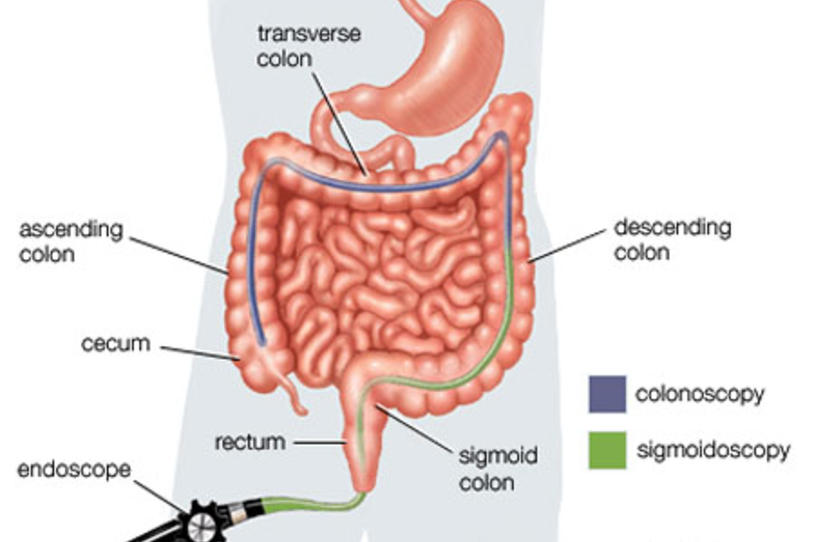
Colonoscopies are one of the best ways to screen for cancer. Now, a new study from Rush University Medical Center finds they might also be a tool for predicting Parkinson’s disease (PD).
Analyzing tissue taken during colonoscopies, researchers found the protein alpha-synuclein in the nerve cells of the intestinal walls of people with PD, but not in healthy individuals.
“This study reinforces the connection between alpha-synuclein and Parkinson’s,” says Michael J. Fox Foundation (MJFF) staffer Maurizio Facheris, MD, MSc. “Since 1997, this protein has been one of the PD research community’s major targets for developing new therapies to treat the disease.”
It also lends support to a theory in Parkinson’s research about how the disease progresses: That the disease may start not in the substantia nigra but in the gastrointestinal system and the olfactory bulb, the part of the brain that controls sense of smell. Researchers have hypothesized that the alpha-synuclein clumps found in all people with Parkinson’s may form in these parts of the body first, before migrating to other parts of the brain.
The theory, based on the research of Heiko Braak, MD, is tied to two symptoms that may signal early Parkinson’s: loss of smell and constipation.
If it’s true that alpha-synuclein clumps occur in the gut first (still a relatively big if), and if researchers can find the clumps and break them up before they reach the brain, it may become possible to treat Parkinson’s before major neurological damage occurs.
One MJFF awardee, QR Pharma is exploring this idea, developing their compound Posiphen, and its ability to target and break up clumps of alpha-synuclein in nerve cells in both the brain and intestine.